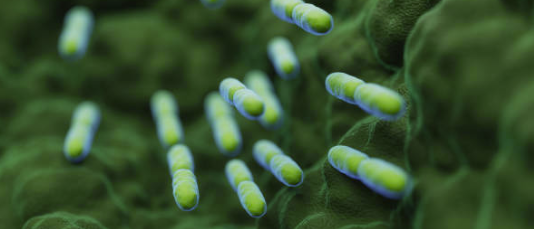*After pressing this button, you will be redirected to Coral Club’s official online
store, where the price of the product in your region, as well as its availability, will be indicated.
Coral Club membership program with a discount of 20% and more
Register for a discount card and receive - 20% forever

Lactic bacteria, exemplified by Lactobacillus acidophilus, inhabit all segments of the GI tract. Despite the name translating from Latin as "bacteria living in milk," lactobacillus is not inherently associated with dairy products. Rather, these microorganisms are intentionally added to cheeses, kefirs, yogurts, and buttermilk to create high-quality soured dairy products.
Lactobacillus is pivotal for the normal functioning of bifidobacteria, as deficiencies or absence of lactobacillus can lead to a decline in bifidobacteria numbers. Similar to bifidobacteria, lactobacillus combats pathogenic flora and maintains microbiome balance.
They effectively combat harmful bacteria such as helicobacter pylori, associated with gastritis, stomach ulcers, candida, streptococcus, and staphylococcus.
Lactobacillus reinforces the epithelium of the small intestine, fortifying its barrier and defensive functions, while also participating in the formation of immune cells, thereby enhancing the body’s ability to resist various health-damaging factors.
These beneficial microorganisms activate the body’s detoxification functions, mitigating negative effects from pharmaceutical chemicals, low-quality food, and gastrointestinal discomfort.
Prebiotics are a type of plant fiber, often referred to as insoluble plant fiber, found abundantly in various plants, which exert a beneficial influence on the body’s microbiome.
Coined by food microbiology professor Glenn Gibson in 1995, the term "prebiotic" refers to indigestible food components that enhance health by selectively stimulating the growth or activation of one or several kinds of beneficial bacteria in the large intestine.
Later, Dr. M. B. Roberfroid expanded this definition in 2007 to encompass food ingredients selectively digested by gut microorganisms, thereby altering the composition and activity of microflora, and enhancing overall well-being.




Take one Super-Flora capsule 3 times a day, preferably on an empty stomach 20 minutes before eating.